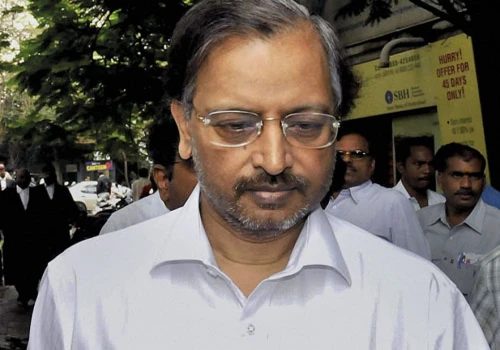
Rajiv Bajaj, the Managing Director of Bajaj Auto, the country's largest two-wheeler manufacturer, has voiced his concerns regarding the high GST rates levied on commuter motorcycles in India. He urged the government to reconsider the current 28% GST, advocating for a more manageable rate of 18%.
Bajaj attributed the rising prices of commuter motorcycles to a combination of overregulation and excessive taxation. During the launch event of the company's latest offering, the powerful Pulsar NS400 motorcycle, he addressed the media, highlighting, "Two-wheeler volumes have not yet recovered to pre-COVID-19 levels." He further emphasized the disparity between India's GST structure and those of ASEAN countries, where the equivalent tax typically falls within the 8-14% range.
"On one hand, we want regulations at the highest level in terms of emissions, which is fine," Bajaj acknowledged. "But then the government should reconsider the GST at 12-18% and not at 28%," he asserted.
This push for a lower GST rate comes amidst the launch of Bajaj Auto's most powerful and feature-rich Pulsar yet, the NS400Z, priced at an introductory Rs 1.85 lakh. This offering positions Bajaj Auto directly against other mid-range motorcycles like the Dominar 400, KTM 390 Duke, and Triumph Speed 400.
Since its debut in 2001, the Pulsar brand has become a massive success story for Bajaj Auto, selling a remarkable 1.8 crore units and generating revenue exceeding Rs 10,000 crore. The NS400Z boasts cutting-edge features like ride-by-wire throttle, switchable traction control, four ride modes, full LED lighting, a digital instrument cluster with navigation support, and Bluetooth connectivity.
Bajaj Auto's recent financial results reflect a positive trajectory, with a 35% year-on-year increase in net profit for the March quarter, reaching Rs 1,936 crore compared to Rs 1,433 crore in the same period last year. The company's revenue from operations also witnessed a significant 29% YoY rise, climbing to Rs 11,485 crore from Rs 8,905 crore.
Bajaj's call for a lower GST on commuter motorcycles highlights the potential impact of excessive taxation on affordability and market recovery within the two-wheeler segment. As the industry strives to regain pre-pandemic momentum, a more favorable tax structure could significantly benefit both manufacturers and consumers.











